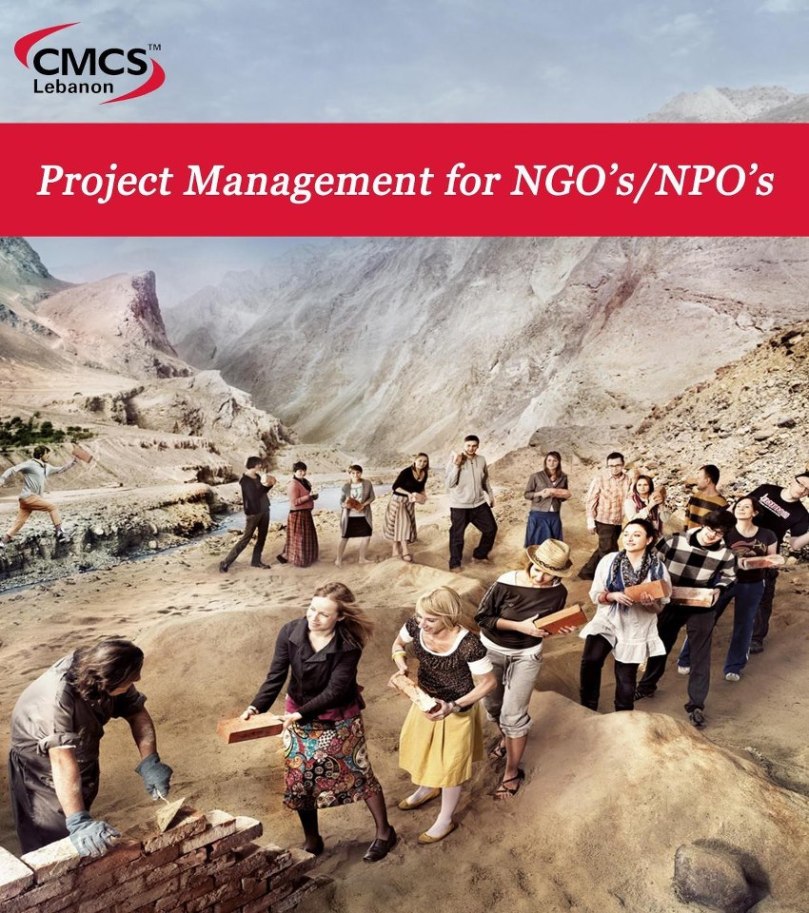
My dear reader, for a while now we’ve been hearing endless analysis, campaigns and strategies about each one of the above topics individually..from the Arab Spring to the Economy in the Arab world and last but not least “the” topic in town: Social Entrepreneurship.
What I’ll be doing in this article is drawing on the inter-connectivity of the 3…specifically to shed light on the big picture of the current Arab world and how things are heading.
The whole discourse is based on readings, observations, analysis and discussions I had with people across the Arab world from opinion leaders, to CEOs and senior management of companies, activists, governmental officials and so on. Here it comes…
The so called “Arab Spring” started from Tunisia, where Boazizi put himself on fire to revolt in the face of injustice, lack of work opportunities and his sense of hopelessness… he just gave up on his life and on going anywhere but downhill. Yet, Boazizi was not an ignorant man nor a weak person, he was a man of modest education, hard worker and a lot of perseverance. Yet what he lacked was a job, a sustainable and decent income for himself and his family. His story isn’t an “island” but rather a story shared by so many across the Arab world, from illiterates to PhD holders, who are facing difficulties in finding a job…and the unemployment rates are soaring higher than ever.
With the youth bulge in the region, which the World Bank estimated in 2010 that 60% of the Arab world are people under 30 years old, the market is becoming a highly competitive place for job seekers. Millions of Arab youth are working hard on getting their education, graduating and then…the rest is unknown. The funny/sad matter is that the higher the degrees the youth are getting, the harder it is to find a job in their hometown. One asks himself the question of why? How come? …but the answer is simple..there aren’t enough jobs out there…the infrastructure and companies aren’t equipped well enough nor are they growing fast enough to accommodate for this influx of highly educated workforce…and the list can go on.
Consequently, most of those youth who are jobless and are not being heard…have no where to go but the streets…to demand change..to demand jobs..to demand their dignity to be safe-guarded…and when you have thousands and millions of educated people either in low-paying jobs or jobless …they will revolt…they will seek to make things better…one way or another.
Now the case is that many Arab countries, the economic status they have is different, the social behaviors are different, norms and cultures may also be different…yet what all of the revolutions have in common is demanding change..a change in governance…a change to the better…a change to put up leaders who care for the nation more than they care for power…a change that will bring about economic growth, jobs, resources, dignity for the people and a sense of equality and justice.
Now if we take a bird’s eye view on this whole matter, and with some research into past revolutions across the centuries from the French revolution until today…one can simply realize that after every revolution..there comes some chaos before order is restored…and things will look better hereafter, much better.
Moreover, how things will look in the future…is not much of a mystery either…history repeats itself, with minor modifications. The issue in the Arab world is not the lack of money or resources, there are billions of it in cash yet it’s how we’re making use it(or the lack of).
In this context, the future of the Arab World in the coming 10 years will include the following general guidelines:
- Educated youth will start seeking to create jobs for themselves, rather than seeking jobs. They will starting making some start-ups, capitalize on the entrepreneurial/innovative skills and become more willing to take risks rather than seeking a stable governmental/corporate jobs.
- Numerous capital ventures, angel investors and impact investors will start popping up to support Social & Impact Entrepreneurs who not only seek making profit but also leaving a positive impact on the society along the way.
- Arab nations will realize that each country will not be able to sustain and grow on its own … thus cross border/pan-Arab economic and infrastructure projects will be launched. From unifying electric grids, to opening borders for trade and travel, to creating joint ventures, to mega infrastructure improvements to lure more investments and build a ripe ground for further corporate growth. This will look something similar to the Marshall Plan set by the US to aid Europe rebuild itself and prosper post World War II, yet its Arab based for Arab’s benefit.
- Family based businesses will nourish and especially those that are gulf based, state supported, and/or “royal”. With the rich getting richer, we can expect some major growth in family based conglomerates.
- Educational systems will start shifting into more specialized degrees, informal learning, on-the-job learning, and major involvement of technology in the whole learning process.
- Real-estate business will no longer be the major industry in many countries, to be replaced with other industries like ICT, manufacturing , agriculture, telecom, consultancy, tourism, research/think-tanks amongst others as well. Thus requiring a more diverse workforce.
The above 5 general headlines will start taking place naturally, one step at a time, to accommodate for the political/governmental changes as well as the expected chaos in some of the countries. These new opportunities and systems will encompass creating jobs for almost 100 million youth that will be joining the Arab workforce by 2020.
If jobs are not created in the thousands every month across the Arab world…the economies will not grow nor sustain, governments/dictators/leaders will tumble one after the other…until the wealth is more evenly distributed, dignity and financial-independence is secured for the millions who are graduating annually.
Until then…the Arab Spring will continue, chaos and instability in many countries will prevail until the void is filled and nations start rebuilding themselves, one brick at a time.
Other posts worth reading:





